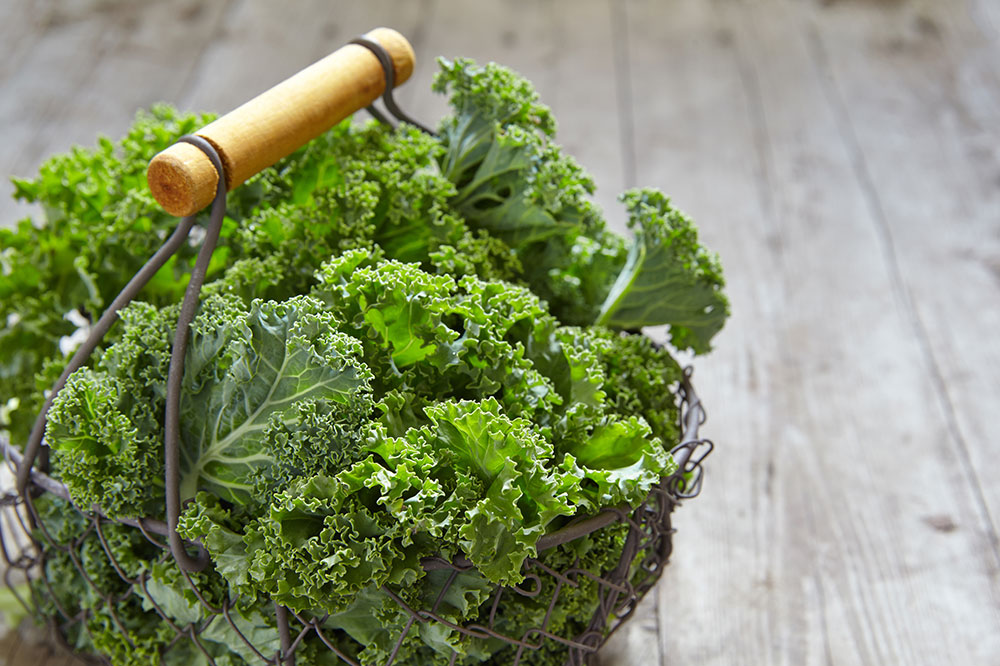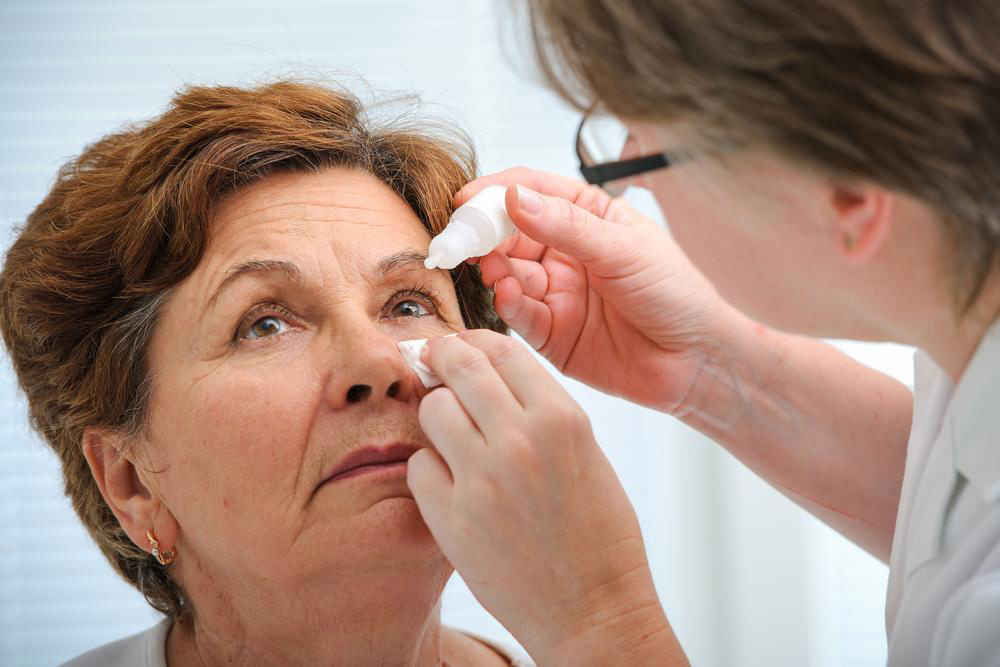Comprehensive Nutritional Strategies to Effectively Prevent and Manage Dry Eyes
Explore comprehensive nutritional strategies to prevent and manage dry eye symptoms effectively. This in-depth guide covers essential vitamins, dietary recommendations, foods to avoid, and practical tips to support optimal eye health through diet. Learn how proper nutrition can reduce discomfort, protect against degenerative eye diseases, and maintain clear vision for the long term.

In-Depth Nutrition Tips to Relieve and Prevent Dry Eye Discomfort
Dry Eye Disease (DED) is a widespread condition affecting a significant portion of the global population. It is characterized by a deficiency in the natural lubrication of the eyes, resulting in discomfort, irritation, inflammation, and in severe cases, irreversible damage such as corneal scarring. Understanding the causes and applying effective nutritional strategies is crucial for maintaining healthy eyes and improving quality of life.
Dry eye conditions are often medically referred to by various terms, reflecting different aspects of the condition, including:
Keratitis sicca — indicating dryness and inflammation of the cornea, the eye's transparent front surface.
Understanding these terms helps in recognizing the severity and nature of the condition, which can range from mild discomfort to serious ocular problems requiring medical intervention.
Tear film dysfunction — emphasizing that the problem often involves inadequate tear production or poor quality tears, leading to insufficient eye hydration.
This dysfunction can often be linked to aging, environmental factors, certain medications, systemic health conditions such as autoimmune diseases, or lifestyle habits.
Keratoconjunctivitis sicca — a condition where dryness affects not just the cornea but also the conjunctiva, the mucous membrane covering the eyeball and inner eyelids, complicating symptoms and treatment.
Research indicates that dry eye prevalence varies widely worldwide, affecting anywhere from 5% to 50% of populations depending on demographics and environmental influences. This high variability underscores the importance of understanding individual risk factors and adopting personalized nutritional strategies for prevention and management.
Several underlying health conditions can contribute to the development or worsening of dry eyes, including:
Diabetes mellitus
Age-related macular degeneration
Cataracts
Glaucoma
Though medications and topical treatments are common options, nutrition and proper vitamin intake play a fundamental role in maintaining optimal eye health and preventing dry eye symptoms.
Essential Vitamins and Nutrients for Eye Health
Incorporating specific key nutrients into your diet can significantly influence eye hydration and overall ocular health. These nutrients support tear production, protect eye cells from oxidative damage, and reinforce the structural integrity of the eye's tissues.
Vitamin A — This vital nutrient is fundamental for maintaining clear vision, supporting the health of the cornea, and facilitating the regeneration of rhodopsin, a pigment essential for night vision. Deficiency in vitamin A can lead to night blindness, dry eyes, and increased risk of ocular infections. Rich sources include sweet potatoes, dark leafy greens such as kale and spinach, pumpkins, carrots, and red peppers.
Riboflavin (Vitamin B2) — Known for its role as an antioxidant, riboflavin reduces oxidative stress within the eye tissues, promoting better hydration and cellular health. Sources include fortified cereals, dairy products like milk and yogurt, oats, eggs, and lean meats.
Thiamine (Vitamin B1) — Supporting cellular energy production, thiamine may lower the risk of cataracts and other degenerative eye conditions. Excellent dietary sources are whole grains, fish such as salmon and tuna, beans, nuts, and seeds.
Niacin (Vitamin B3) — Contributing to proper energy conversion within cells, niacin also plays a role in maintaining healthy blood flow to ocular tissues, potentially preventing conditions like glaucoma. Found in poultry, fish, legumes, and nuts, niacin supports overall eye vitality.
Vitamin C — As a powerful antioxidant involved in collagen synthesis, vitamin C is critical for maintaining the structural integrity of ocular tissues. Increased intake has been associated with a reduced risk of developing cataracts and age-related macular degeneration. Good sources include citrus fruits, strawberries, bell peppers, broccoli, and kale.
Vitamin E — An essential antioxidant that helps neutralize free radicals damaging eye cells, reducing the risk of developing dry eye symptoms, cataracts, and other degenerative diseases. Nuts, seeds, spinach, and fatty fish like salmon are rich in vitamin E.
Foods to Avoid for Better Eye Health
Just as certain nutrients support eye health, avoiding specific foods can help mitigate dry eye symptoms and improve ocular resilience.
Refined sugars — Processed foods, candies, baked goods, and snacks contain high levels of refined sugars, which promote inflammation and oxidative stress, exacerbating dryness. Opting for natural sweeteners like fruits can satisfy sweet cravings without adverse effects.
Alcohol — Alcohol dehydrates the body, including the eyes, worsening dry eye conditions. Limiting intake and staying well-hydrated with plenty of water before consuming alcohol are recommended practices, especially for those with existing eye conditions.
Carbonated drinks — Sodas and flavored waters filled with artificial sweeteners and additives can contribute to dehydration and irritation. Reducing their consumption can support better hydration and ocular comfort.
Caffeine — While moderate caffeine intake is generally safe, excessive consumption can have a dehydrating effect, aggravating dry eye symptoms. Monitoring and moderating caffeine intake is advisable for sensitive individuals.
Practical Tips for Optimizing Eye Nutrition
Making conscious dietary choices is essential for combating dry eyes effectively. Here are some practical strategies:
Include a variety of colorful fruits and vegetables daily to ensure an ample intake of vitamins A, C, and E.
Incorporate healthy fats from sources like nuts, seeds, and oily fish to support cellular health and reduce inflammation.
Use whole grains instead of refined grains to provide consistent energy and essential nutrients for eye health.
Stay hydrated throughout the day by drinking plenty of water, especially before and after consuming alcohol or caffeine.
Read food labels carefully to identify added sugars, artificial flavors, and preservatives that may harm eye health.
Before implementing significant dietary changes, particularly if you have underlying health issues, consult healthcare providers or an eye health specialist. Personalized advice ensures the best outcomes for maintaining healthy, comfortable eyes and preventing dry eye progression.





